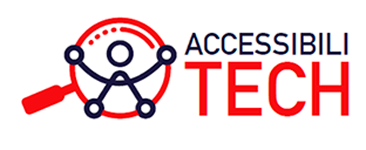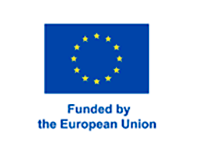In the evolving world of education, flexibility is key. One model that highlights this is capella flexpath assessments, which allows students to learn at their own pace while ensuring they master the necessary skills. Unlike traditional programs that rely on rigid schedules, Flexpath assessments give learners control over how and when they complete their studies. This method is particularly beneficial for adults balancing education with work, family, or other commitments.
With Flexpath, progress depends on competency, making education more meaningful and tailored to individual needs.
Understanding the Flexpath Approach
Flexpath assessments prioritize mastery, meaning students only advance once they have demonstrated a clear understanding of the material. This reduces time spent repeating content and allows for deeper focus where needed. For example, nursing students tackling the nurs fpx 4015 assessment 2 can thoroughly grasp critical clinical concepts without pressure from deadlines, enhancing their readiness for professional practice.
This approach supports efficient learning, allowing students to spend their time wisely and effectively.
Advantages of Flexpath Assessments
The Flexpath model offers several advantages over conventional educational systems:
-
Self-Paced Learning: Students progress as quickly or slowly as needed.
-
Cost-Effective: Accelerated learning can lead to savings in tuition and fees.
-
Competency Focus: Ensures true understanding rather than superficial completion.
-
Flexible Scheduling: Ideal for learners with busy or unpredictable lives.
These benefits are attracting more students to explore Flexpath programs.
Tips to Thrive with Flexpath Assessments
Though flexible, Flexpath requires discipline. Here are some strategies for success:
-
Create a Study Routine: Even flexible schedules benefit from consistency.
-
Utilize Available Resources: Instructors and online forums can offer valuable support.
-
Break Down Coursework: Smaller goals prevent overwhelm.
-
Stay Accountable: Share your goals with friends or mentors.
By following these steps, learners can stay motivated and make steady progress.
Application in Nursing Education
Healthcare professions demand practical skills alongside theoretical knowledge. The nurs fpx 4035 assessment 1 integrates real-world nursing scenarios into its assessments, helping students apply their learning in clinical contexts. This focus on application prepares nursing students to meet workplace challenges confidently.
Mastery-based progression ensures they only move forward when fully prepared, leading to higher competency levels.
Addressing Flexpath Challenges
While Flexpath offers freedom, some students find it hard to maintain focus without structured classes. To counter this:
-
Set Personal Deadlines: Create your own schedule to maintain momentum.
-
Engage with Peers: Study groups provide motivation and shared learning.
-
Use Digital Tools: Apps and calendars can track assignments and progress.
-
Seek Help Early: Don’t hesitate to contact instructors when stuck.
With the right habits, students can overcome obstacles and succeed.
Flexpath’s Role in Modern Education
Flexpath assessments represent a shift toward learner-centered education, emphasizing mastery and flexibility. This model supports continuous learning and adapts to diverse lifestyles and goals.
Starting with foundational courses like the nurs fpx 4005 assessment 1 helps students get comfortable with self-paced learning and build confidence.
Conclusion
Flexpath assessments offer a flexible, mastery-driven alternative to traditional education systems. Through platforms like capella flexpath assessments, students gain control over their studies, balancing life and learning effectively.
This method not only broadens access to education but also equips learners with the skills and confidence to succeed in their careers and beyond.


